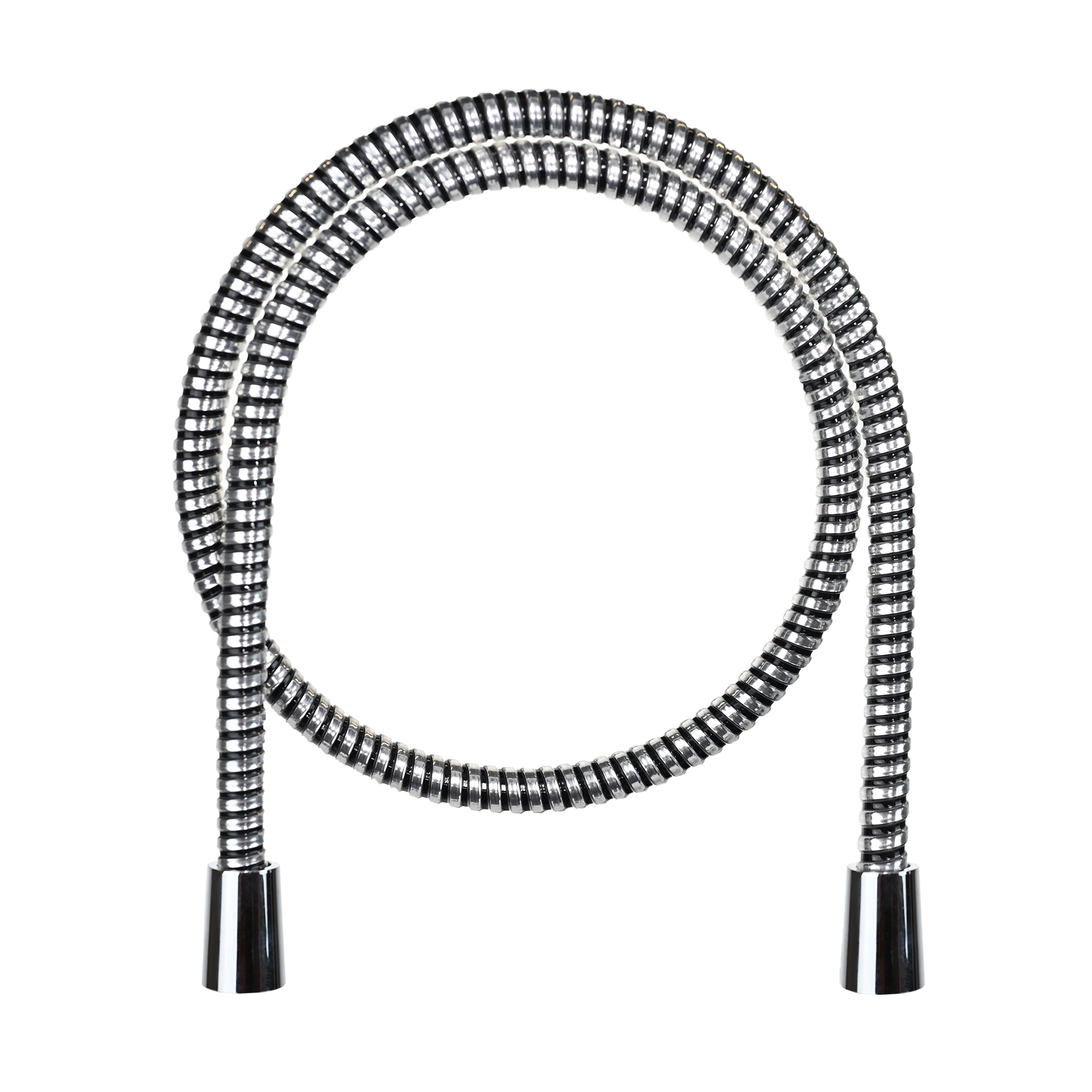Understanding the Role of Environmental Protection in PVC Pipe Manufacturing
Release time:
Oct 02,2024
Summary:In recent years, the construction industry has increasingly embraced sustainable practices, particularly concerning materials like PVC (polyvinyl chloride) pipes. These pipes have become essential in various applications, especially in plumbing and drainage systems within the construction and bathroom fixtures sector. Environmental protection concerning PVC pipe usage is a multifaceted topic that
In recent years, the construction industry has increasingly embraced sustainable practices, particularly concerning materials like PVC (polyvinyl chloride) pipes. These pipes have become essential in various applications, especially in plumbing and drainage systems within the construction and bathroom fixtures sector. Environmental protection concerning PVC pipe usage is a multifaceted topic that involves understanding both the material properties and the implications for ecological sustainability.
PVC pipes are known for their durability, lightweight nature, and versatility. However, their production can be resource-intensive, which raises concerns about environmental impact. To address these concerns, manufacturers are increasingly adopting eco-friendly practices. This includes using recycled materials in the production process, which not only reduces waste but also lessens the demand for virgin resources. By incorporating recycled content, manufacturers can minimize their carbon footprint and promote a circular economy.
Moreover, advancements in technology are enabling the production of PVC pipes that are free from harmful additives. Traditional PVC production often involved phthalates and lead stabilizers, which posed risks to human health and the environment. The industry has seen a shift towards non-toxic alternatives, improving the overall safety of PVC products. This transition is crucial in ensuring that the pipes used in plumbing systems do not leach harmful substances into drinking water, thus protecting both public health and the environment.
Another significant aspect of environmental protection in the context of PVC pipes is their longevity. PVC pipes typically have a life expectancy of 50 years or more, which means they do not need to be replaced frequently compared to other materials. This durability translates into less frequent manufacturing and disposal, further contributing to reduced environmental impact over time. Additionally, the energy required for the installation and maintenance of PVC pipes is generally lower than that for other materials, which enhances their overall sustainability profile.
Furthermore, recycling programs for PVC pipes are becoming more prevalent. Proper recycling helps divert pipes from landfills, where they can take decades to decompose. Instead, recycled PVC can be transformed into new pipes or other products, thus closing the loop and reinforcing sustainable practices within the industry.
In summary, the interplay between environmental protection and PVC pipe production is crucial for sustainable development in the construction and bathroom fixtures industry. By focusing on eco-friendly practices, utilizing recycled materials, and ensuring the safety of products, the industry can contribute positively to environmental sustainability while meeting the demands of modern infrastructure. As awareness and regulations surrounding environmental impact continue to evolve, the role of PVC pipes in sustainable construction efforts is likely to grow, making them a key component in future building practices.
PVC pipes are known for their durability, lightweight nature, and versatility. However, their production can be resource-intensive, which raises concerns about environmental impact. To address these concerns, manufacturers are increasingly adopting eco-friendly practices. This includes using recycled materials in the production process, which not only reduces waste but also lessens the demand for virgin resources. By incorporating recycled content, manufacturers can minimize their carbon footprint and promote a circular economy.
Moreover, advancements in technology are enabling the production of PVC pipes that are free from harmful additives. Traditional PVC production often involved phthalates and lead stabilizers, which posed risks to human health and the environment. The industry has seen a shift towards non-toxic alternatives, improving the overall safety of PVC products. This transition is crucial in ensuring that the pipes used in plumbing systems do not leach harmful substances into drinking water, thus protecting both public health and the environment.
Another significant aspect of environmental protection in the context of PVC pipes is their longevity. PVC pipes typically have a life expectancy of 50 years or more, which means they do not need to be replaced frequently compared to other materials. This durability translates into less frequent manufacturing and disposal, further contributing to reduced environmental impact over time. Additionally, the energy required for the installation and maintenance of PVC pipes is generally lower than that for other materials, which enhances their overall sustainability profile.
Furthermore, recycling programs for PVC pipes are becoming more prevalent. Proper recycling helps divert pipes from landfills, where they can take decades to decompose. Instead, recycled PVC can be transformed into new pipes or other products, thus closing the loop and reinforcing sustainable practices within the industry.
In summary, the interplay between environmental protection and PVC pipe production is crucial for sustainable development in the construction and bathroom fixtures industry. By focusing on eco-friendly practices, utilizing recycled materials, and ensuring the safety of products, the industry can contribute positively to environmental sustainability while meeting the demands of modern infrastructure. As awareness and regulations surrounding environmental impact continue to evolve, the role of PVC pipes in sustainable construction efforts is likely to grow, making them a key component in future building practices.
Related Information
The Frankfurt International Bathroom Equipment, Building, Energy, Air Conditioning Technology and Renewable Energy Exhibition (hereinafter referred to as: ISH) was successfully concluded on March 17.
Sep 17,2023
On March 1st, 2025, Yitei Sanitary Ware held a launch conference for the implementation of the performance system in the company's meeting room. Experts from Pinyou Group and all employees attended the meeting. During the meeting, the performance system was explained, outstanding employees were commended, and documents were signed. This conference marked a crucial step forward in performance management for Yitei Sanitary Ware, uniting the efforts of all employees and is expected to help the enterprise and its employees grow together and achieve success in the future.
Mar 17,2025
Industry Information







